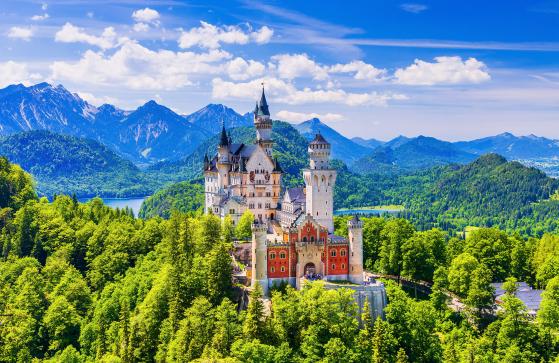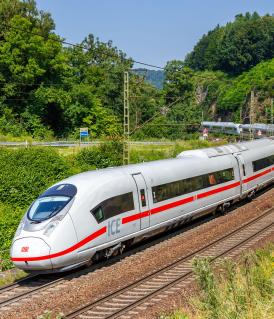Sustainable Tourism

Demand for eco-tourism and sustainable travel is growing in Germany. According to a 2024 study that was supported by the country’s environmental protection agency (UBA) using funds provided by the Environment Ministry, 48 percent of the population want to take ecologically sound holidays, while 62 percent want holidays that are compatible with social standards. More and more travel providers are using legally binding environmental and social standards in their branding, supported by the associated certificates and labels. These relate for example to
- the sparing use of natural resources such as water
- climate-friendly transport
- reducing waste
- involvement in species protection projects
Organic farms offer guest accommodation and regional and seasonal menus, while eco campsites promote conservation and environmentalism.
Travellers in Germany love spending time in its rich and varied natural environments, such as the 104 natural parks and 17 UNESCO biosphere reserves. Everyone should be able to get around easily in Germany. To this end, many initiatives ensure that people with disabilities can also travel without restrictions in Germany.
World Heritage sites in Germany

Of these, 52 are Cultural Heritage sites and three are Natural Heritage sites.


